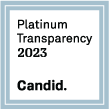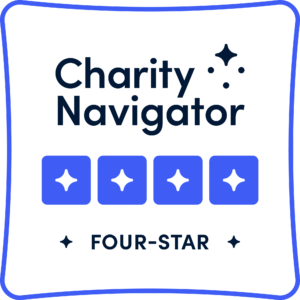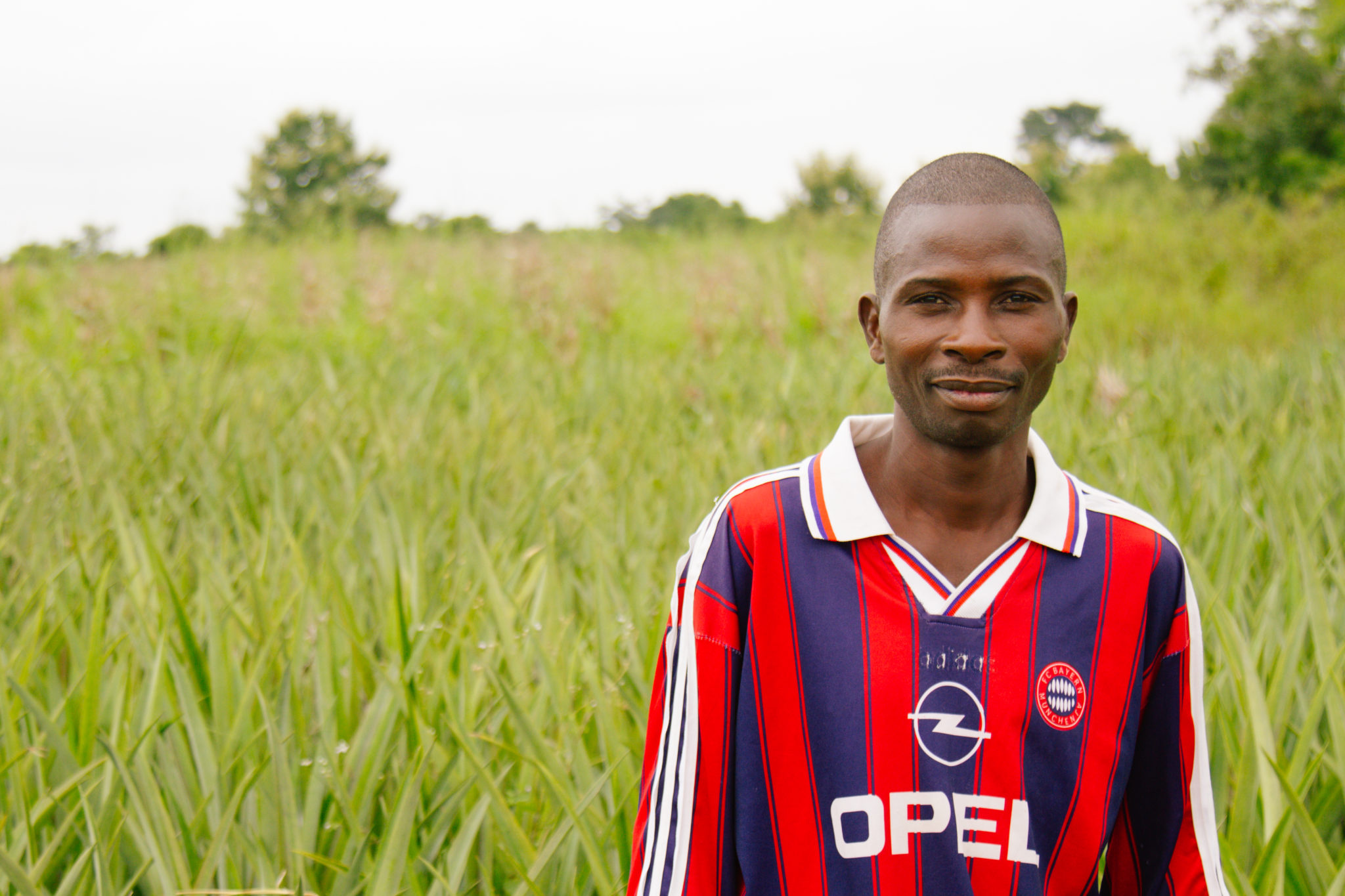
Mawuko’s Farming Success: Organic Pineapples
Region: West Africa
Development: Agriculture
“I am a farmer. My parents farmed and taught me how to farm,” says Mawuko.
In spite of the long tradition of farming, Mawuko lacked the tools and education that he needed to help improve his yields, so, “Farming wasn’t helping us meet our needs,” Mawuko recounted. “We have always planted beans, corn and cassava.” These were the crops he had been taught to plant. Mawuko worked hard, used his skills and planted what he knew to plant but he was never able to make enough money to provide for the needs of his family. Traditional farming does not generate much income. Most farmers, who make up about eighty percent of the Togolese population, live on less than $2 a day forcing them to remain in a cycle of poverty.
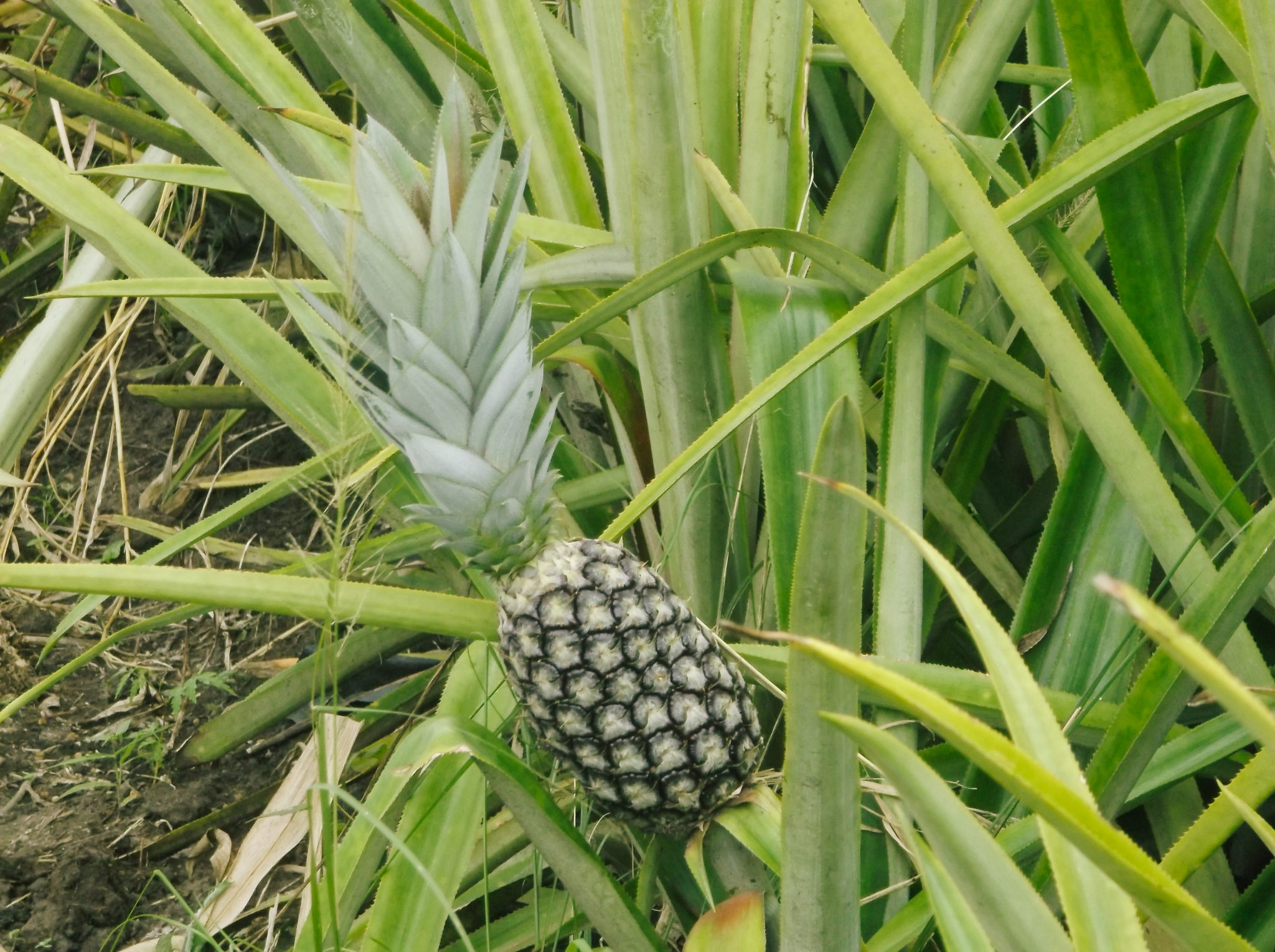
Mawuko’s story changed when he received agricultural training and financial services through International Literacy and Development’s Rural Agricultural Development program which helped him learn to grow and invest in organic pineapples. “We had never planted pineapples before. The staff from International Literacy and Development (ILAD) taught us how to plant pineapples and it has provided a lot of profit. The first time I planted pineapples, I made a profit of $400. The second year I planted pineapples I received a profit of $600.” Mawuko has taken some of his profit each year and used it to get more parcels of land. “This year I have planted five parcels of land and will receive $2000 in profit.”
International Literacy and Development’s Rural Agricultural Development program has also proven to be valuable in providing a return on Mawuko’s hard work. “When ILAD brought financial services to our rural area, it was very helpful since the nearest bank is 30 kilometers away. We are able to save our money there. We can also take loans. We use it for farming and we repay. I have been able to buy a motorcycle for my family and take care of the school fees, medical needs, and food for my family.” ILAD’s Rural Agricultural Development program typically allows people to apply for a loan of $150 for use toward agricultural activities like purchasing seed or pineapple shoots.
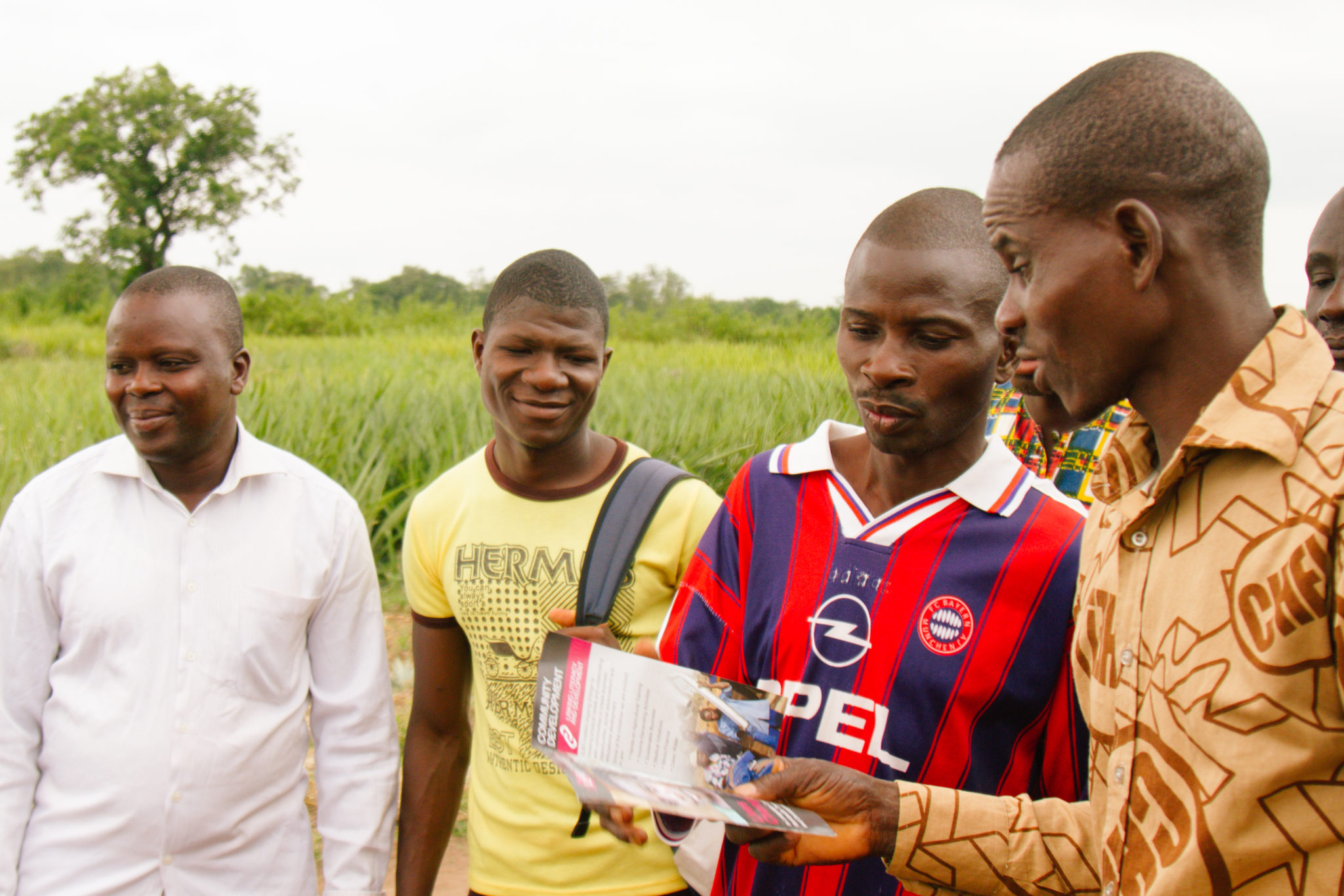
Mawuko’s farming success even helped him to better navigate a family crisis. “Recently, my pregnant wife went to the hospital in a nearby village to deliver. She was pregnant with twins and during the delivery one of the babies died. The nurse there said we needed to get to a bigger town immediately to deliver the second baby.” Mawuko needed to quickly take his wife on his motorcycle to the other hospital or she and the baby would also die. He realized that he would also need over $200 to pay for the delivery at this other hospital. “I called the director of ILAD’s Rural Agricultural Development program to see about getting a loan. The program does not usually give loans for medical needs but since I had $2000 in pineapples to be harvested this year in my field, the loan officer was able to give me a loan for the emergency medical procedure.” Sadly, the second baby also died during the delivery. But Mawuko celebrates that his wife survived and is doing well. In situations like this, often both mother and baby die leaving the father to take care of the rest of the children alone. Mawuko so values the program that he was excited to also share, “I have been able to pay back the $200 already.”
International Literacy and Development exists for people like Mawuko. We provide the skills, training, concepts, and access to materials desperately needed to create ongoing and sustainable change in the lives of people in these vulnerable communities.
